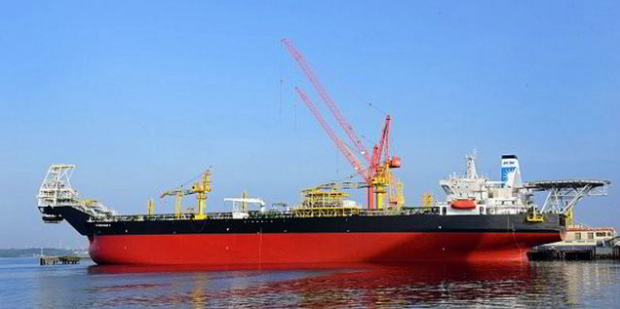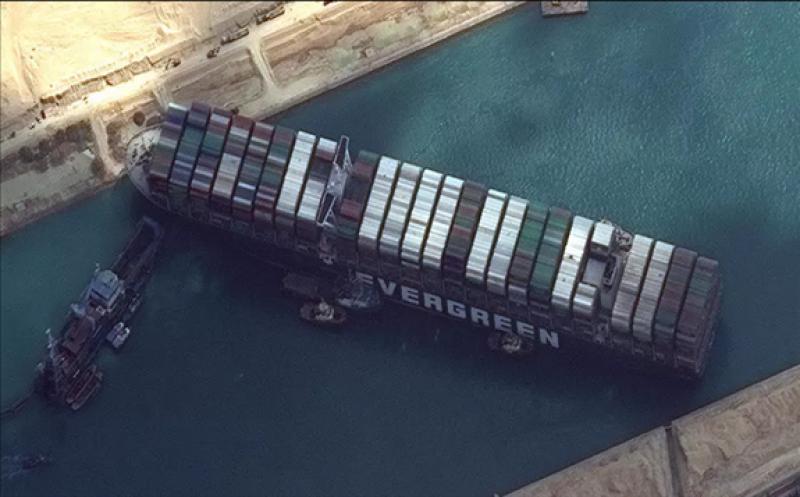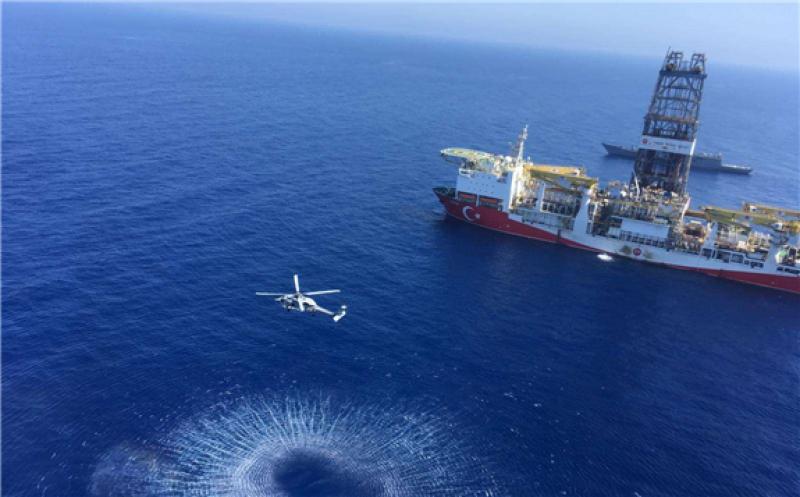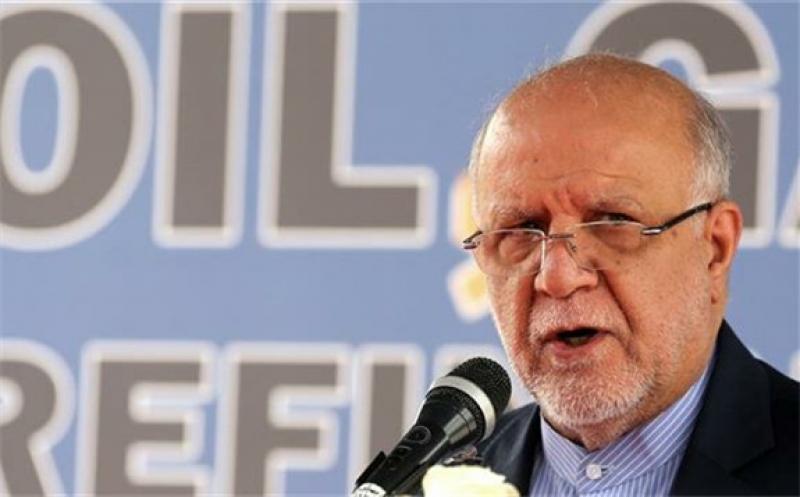Saudi Arabian crude flows to South Korea are set to grow further with the signing of several deals expanding the volume of crude oil supply to South Korea, Saudi Arabia's state-owned oil company said in a statement Wednesday.Saudi Aramco signed an agreement with Hyundai Oilbank to supply Arabian crude oil to the company, Aramco said in the statement.
The agreement was signed on the sidelines of visits to Seoul by Crown Prince Mohammed bin Salman of Saudi Arabia and Saudi energy minister Khalid al-Falih.
Aramco's trading arm, Aramco Trading Company, will also supply non-Arabian crude oil to Hyundai Oilbank under a separate agreement signed with the company, it said.
Aramco, however did not provide details of the grade, duration and volume of crude to be supplied.
Saudi Arabia is already the biggest crude oil supplier to South Korea. South Korea most recently imported 24.75 million barrels of crude from the Kingdom in May, up 3.4% year on year from 23.94 million barrels a year ago, according to South Korea's customs data.
However, South Korean refiners have been actively diversifying their sources of crude oil and condensate barrels over the past several years, further expanding the reach of US crude exports in Asia.
South Korea imported 126.65 million barrels of crude oil from Saudi Arabia over January-May, down from 128.23 million barrels received during the same period a year earlier, latest data from state-run Korea National Oil Corp. showed.
On the contrary, the country took 51.73 million barrels of crude oil from the US during the first five months, more than a fivefold surge from 11.09 million barrels imported over January-May 2018, the KNOC data showed.
"We can increase imports of Saudi Arabian barrels on the back of the closer ties with Saudi Aramco," an official at Hyundai Oilbank said. In April, Saudi Aramco acquired a 17% stake in Hyundai Oilbank from Hyundai Heavy Industries.
This deal makes Saudi Aramco the second-largest shareholder of Hyundai Oilbank, following Hyundai Heavy Industries Holdings with a 74.1% stake in Hyundai Oilbank.
Hyundai Oilbank has been importing some 2 million barrels/month of crude from Saudi Arabia on average so far this year -- Arab Heavy, Arab Light, and Saudi Arab Extra Light. Hyundai Oilbank can use more heavy grades as it started commercial production in September last year at new solvent deasphalting (SDA). The 80,000 b/d SDA unit uses residual fuel oil as a feedstock to extract solvent, which is used to make middle distillate products and gasoline.
OTHER AGREEMENTS
Aramco also signed a Memorandum of Understanding with KNOC to explore the possibility of Aramco taking crude oil storage in South Korea to "complement its market and supply activities," Aramco said.
A KNOC official said the deal is part of the company's efforts to use its massive storage tanks. KNOC operates nine state-run oil storage sites which can hold 146 million barrels of crude and oil products, of which 127.5 million barrels are for crude and 18.5 million barrels for oil products.
"KNOC is currently holding some 96 million barrels in its tanks, excluding foreign oil. So, we have some storage space for foreign oil," a KNOC official said. The deals were part of the 12 agreements signed between Saudi Aramco and its affiliates and various South Korean companies on Wednesday worth more than $1 billion, covering sectors including shipbuilding, engine manufacturing, refining and petrochemicals, in addition to crude oil supply.
"Today's agreements mark a new era of cooperation with our Korean partners who will play an increasingly important role in our strategy to capitalize on new initiatives that include long-term energy supply, maritime and infrastructure development, and breakthrough research and development in the automotive, crude to chemicals, and non-metallic sectors," Saudi Aramco President and CEO Amin H. Nasser said.
In addition, an agreement was made between Saudi Aramco, Hyundai Heavy Industries (HHI), and The Saudi Arabian Industrial Investments Company (Dussur), extending the existing collaboration to develop shipbuilding, engine manufacturing, refining, and petrochemicals, Aramco said. The agreement will establish a joint venture (JV) for a world class engine manufacturing and aftersales facility in Saudi Arabia. Under the partnership, Saudi Aramco will own 55% of the JV, while HHI and Dussur will own 30% and 15% respectively.




